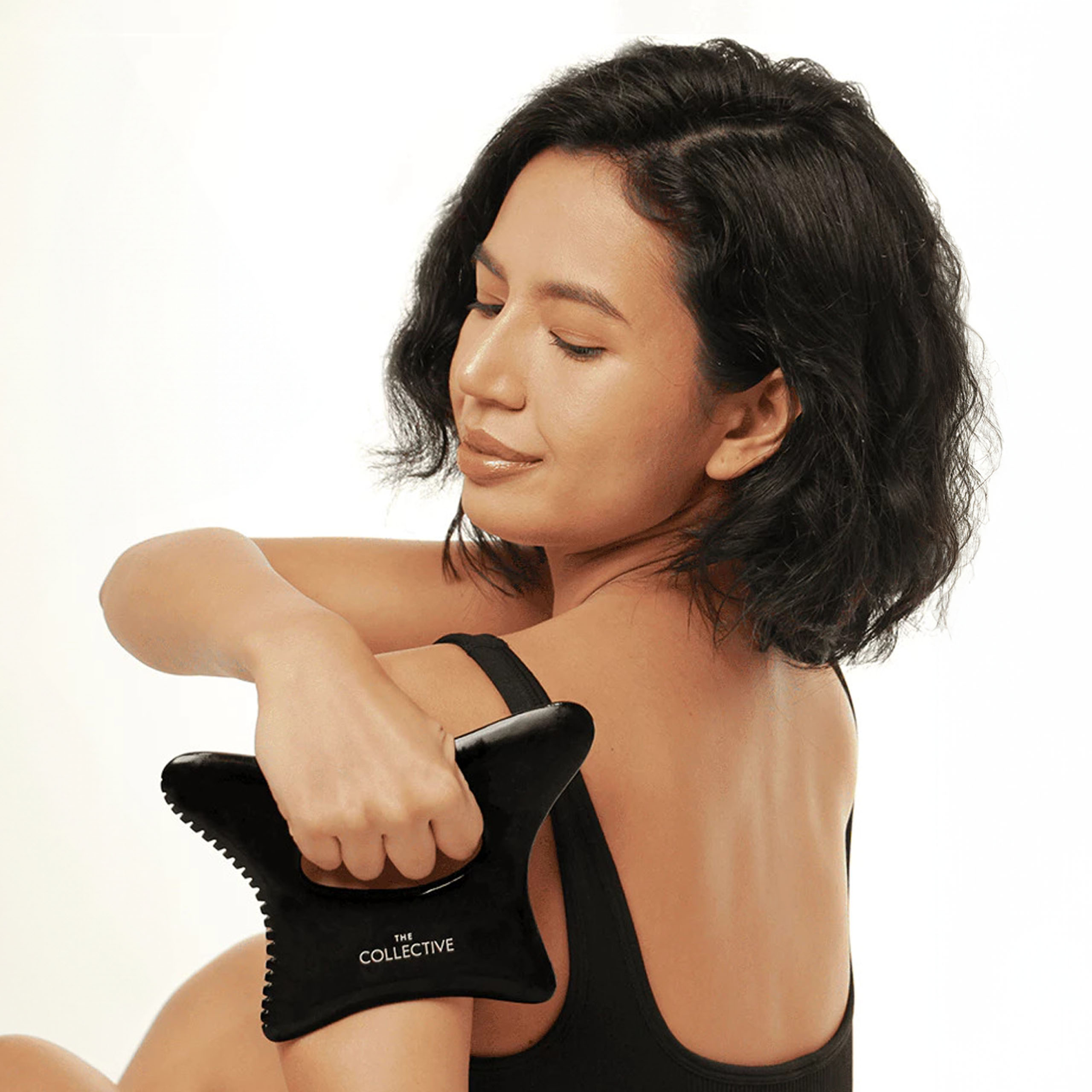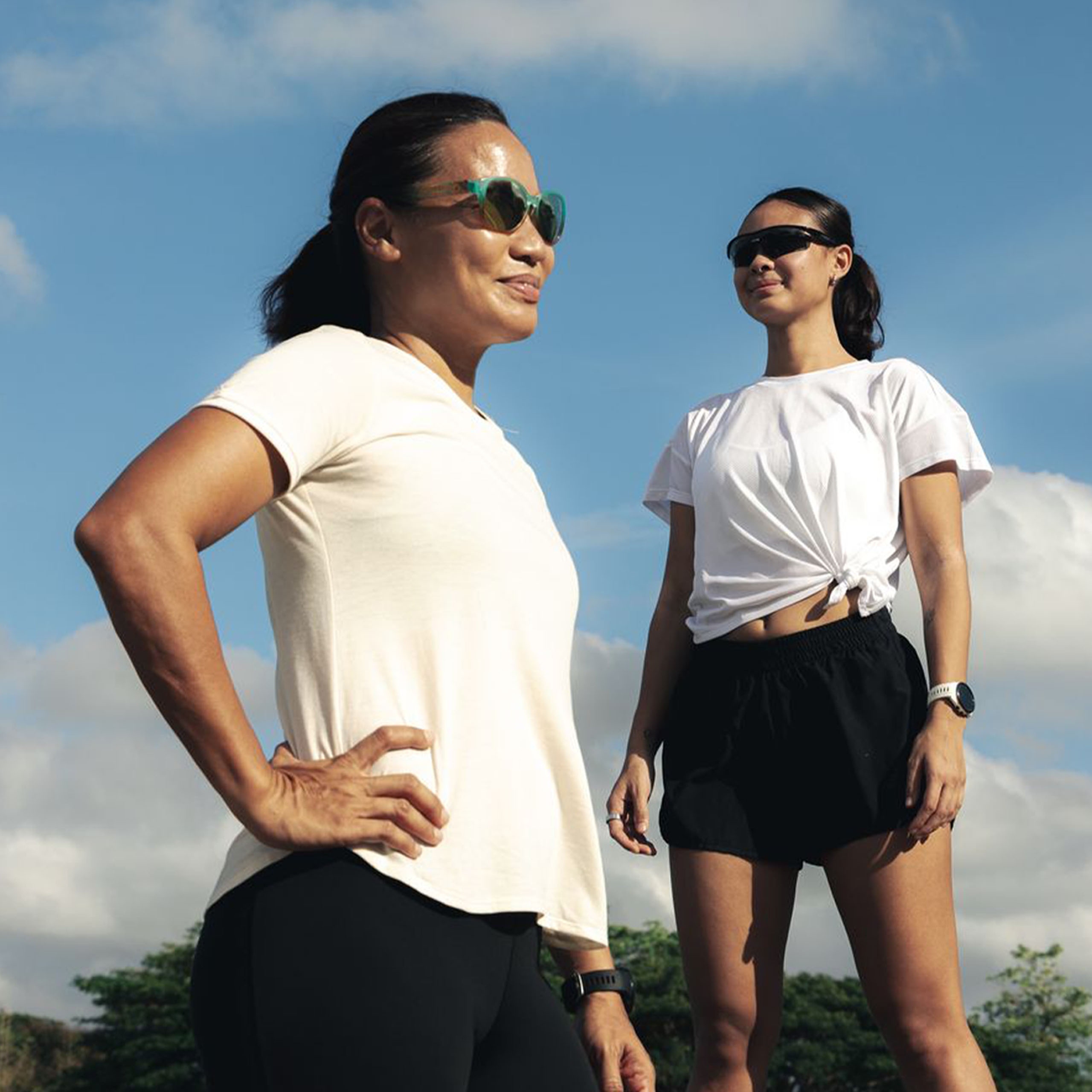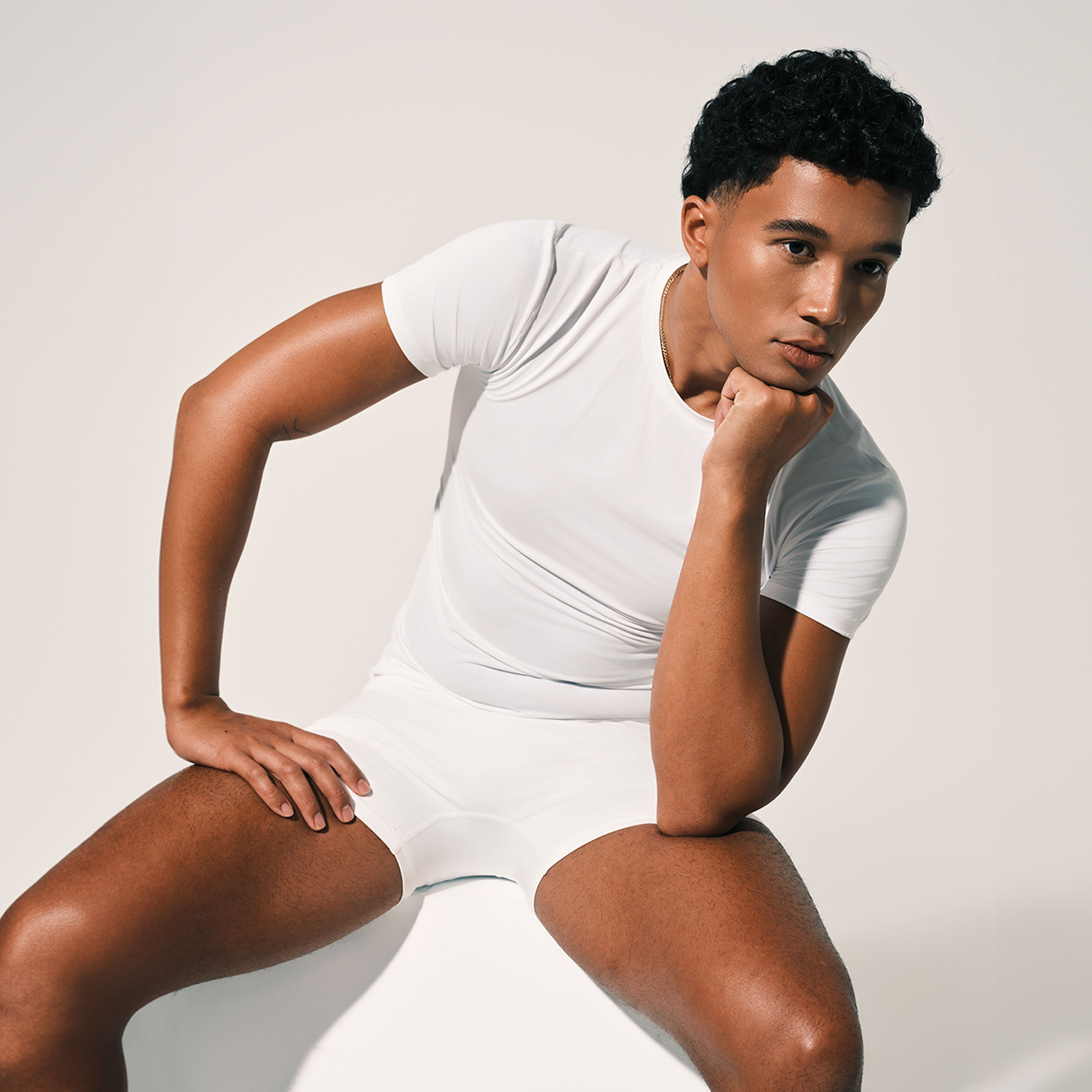Breaking barriers and raising standards, Filipina athletes are proving that “playing like a girl” means competing like a champion.
Related: Filipino Delegates To Sport Asics For The Tokyo Olympics
When Serena Williams called out the double standards when she was caricatured, labeled crazy, and punished for having a heated discussion with an umpire during a match despite male tennis players having done it before, it reignited the worldwide call for women empowerment in sports. In the Philippines, the 2018 Asian Games where twelve out of eighteen medals, including the country’s four golds were all won by women, put Filipina athletes on the forefront of Philippine sports–a position that they have long been deserving for. Through the years, our female athletes have been bringing honor and glory to their countries, but bigger than the game is the path they are carving for athletes to come.
While we’ve come a long way from using he female gender as a side-comment to degrade other players or crediting a woman’s talent by saying “you’re one of the boys!”, better does not mean we’ve achieved equal visibility and respect. To this day, female athletes in the Philippines are not only are forced to take a backseat in the male-dominated industry but are also treated as a novelty, having to look a certain way to get recognition or their love lives to be more important than the countless medals they bring home. From unequal pay, gender discrimination in higher positions to sexist comments, these women are speaking up and laying claim for respect. Because for every female athlete that overcomes a hurdle or stands on top of a podium, it allows future generations to dream bigger than society’s limitations.
LADIES FIRST
Three-time Filipina Olympian and multiple SEA games medalist Akiko Thomson shares how grateful she is that her family and coaches, cultivated a supportive environment and shielded her from unnecessary negative issues during her time. “Swimming is a staple sport in the Olympics and women have always, at least during my time, been represented. Of my four coaches, two were women,” she says and explains that for her, she dound her empowerment by believing in her strength. “People will always have different expectations of us that we will never be able to satisfy, but ultimately our best is always more than enough.”
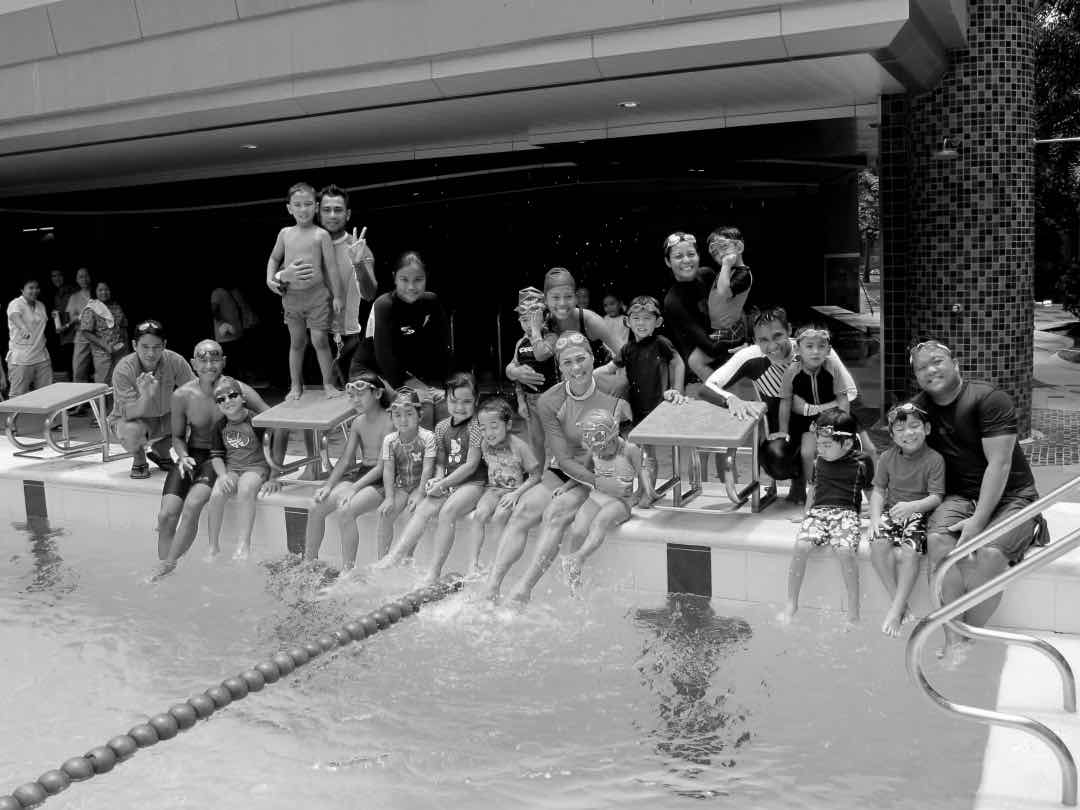
While Thomson had a well-represented team in her career, she also states that there is still a significant gap for women in leadership positions. “Whether as an officer, women coaching, and even coaching men’s teams, there is so much more room to fill,” she discloses.
Since her retirement, Thomson now helms the Philippine Olympians Association to provide opportunities through sports for the Filipino youth and even with the ongoing pandemic, she has been providing online classes through her online swim school. “Sports is empowering for all. It builds character. When you’re constantly pushing yourself to the limit, building your skills, failing, and sometimes succeeding you get to know yourself pretty well. It builds confidence in your ability.” With Hidilyn Diaz becoming the first Filipino woman to win an Olympic medal to having four Filipina athletes bound for this year’s Tokyo Olympics, Thomson believes that they are playing a vital role in cultivating a new sports landscape where a women’s talents are undoubted. “They are paving the way for the girls/women that come after us. I realize that if these young girls don’t have a peg, a role model of what is possible, how can they even dream?” she says. “I want to see female athletes sprouting and excelling in all fields, dreaming big, aspiring to lead.”
ON TARGET
At only 24 years old, Pauline Lopez has made her mark in what is known to be a male-dominated sport of Taekwondo. Although she has two Southeast Asian Games gold medals and several other international competitions under her belt, her father was also once her own critic. “At the age of eight, my father at first did not want me to try out Taekwondo, having been part of the Philippine National Team back then. I questioned why I wasn’t allowed to do the sport and I couldn’t accept the fact that he answered that the sport was for men,” she shares. This is where the Filipina jin’s determination began, trusting in her instincts and training hard to turn her father into a supporter. “When he saw the potential, he ultimately in a way changed his perception.”
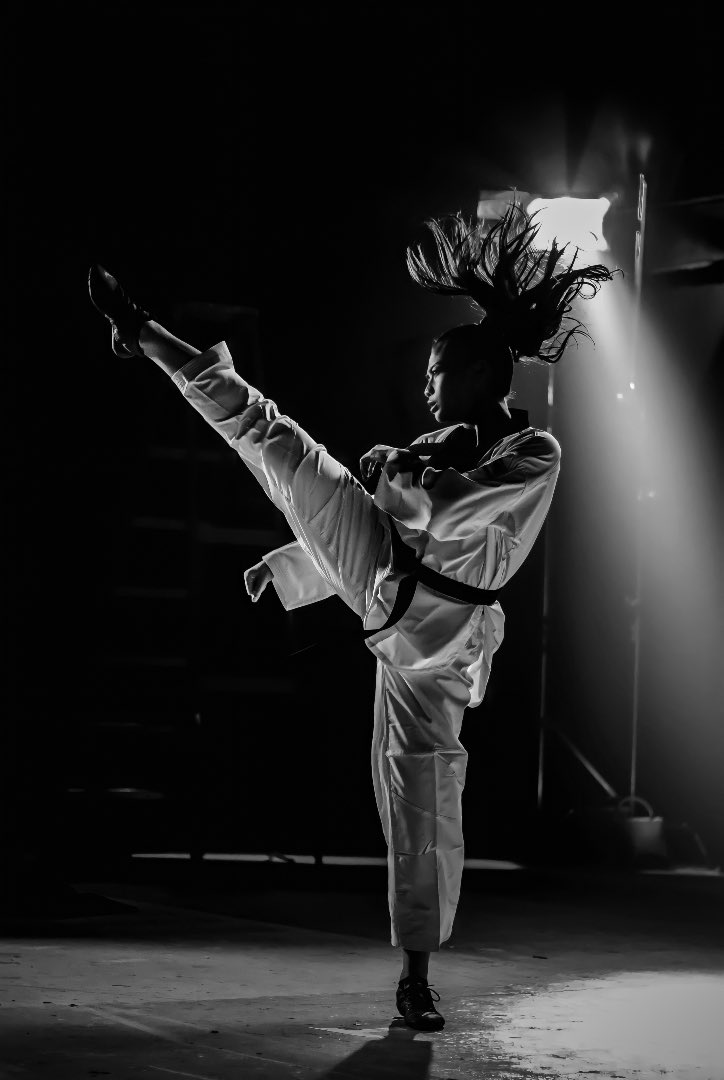
With a roundhouse kick strong enough to cut through unnecessary noise, Lopez was able to develop her sense of identity which she thanks her former female athletes for allowing her to do. “I didn’t have many female taekwondo figures around me growing up, but when I entered the Philippine National Team, I saw how my female seniors were. They were strong, not just in the court, but also outside and now that is something I want to be for the younger generation, being able to use my voice for good,” she expresses.
“Incredible women in sports have used their voice and speak up against the inequality and I thank them for paving the way for us.” During the quarantine, she continued her training for the Asian Olympic Qualifiers and explains that during this time, it’s essential to keep supporting our female athletes. “Whether it be a message, prayer, or even a high five to fellow women, it goes a long way,” and even for those women who do it as a hobby or loves a good workout at home, Lopez says that sports will always be a way for a “woman to reach her full potential”.
HOME COURT
If there’s a female-dominated sport that has gained cult-following in the Philippines, it’s volleyball and one of the country’s Most Valuable Players is Alyssa Valdez. Now a household name, she was known to lead the epic battle between the Ateneo Lady Eagles against La Salle and handed Ateneo its first-ever championship since joining the league in 1978 during the 2014 UAAP season. While her wins have gained her A-list celebrity status in the country, she shares how an athlete’s journey will always come with challenges. For her it was being the only girl of her family and having to leave her hometown Batangas to pursue a sports career, “When I decided to study in Manila when I was only 12 years old, that was a big struggle to live far away from home and I know that it was hard for my parents to allow me to live away from them.” she shares. There are several similar stories like Valdez of athletes having to sacrifice time with family and friends, to dedicate themselves to be the very best. “Women in sports have their own stories that inspire and give hope to not only women but to the general population.”
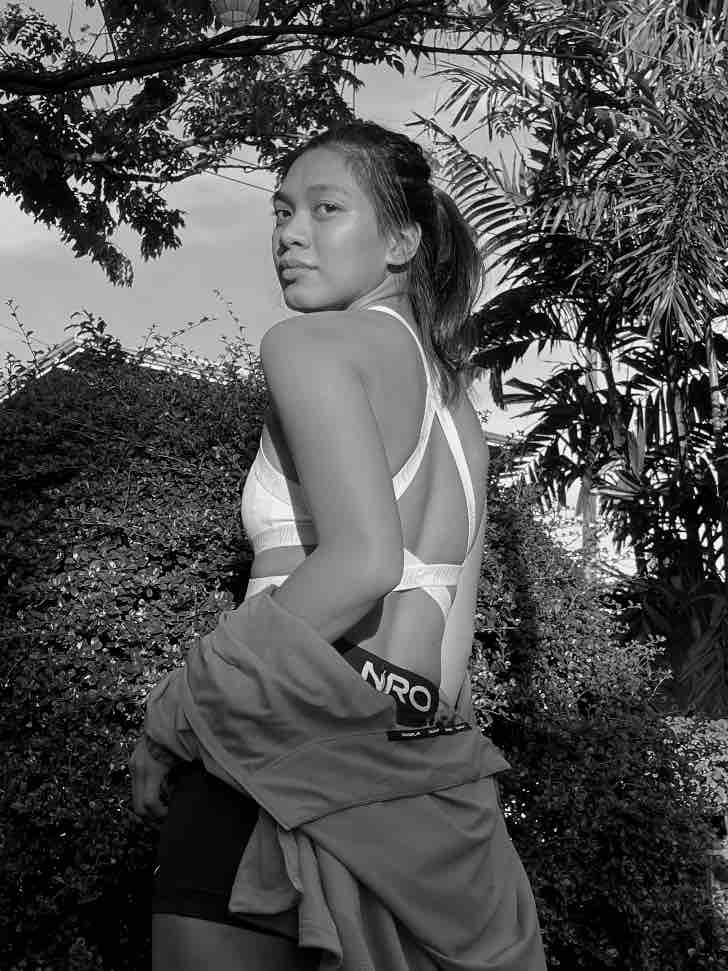
Even with her international recognition, Valdez chose to lead the local Creamline Cool Smashers volleyball team and underlines that sports are deeply rooted in our Filipino culture and have always been a catalyst for change. Turn a few streets, you’ll find neighbors coming together to play basketball with a makeshift hoop or passing around a rugged ball with their feet. “Sports give hope. Like any other game, even though the team has a slim chance of winning they’ll still fight!” Valdez describes the Filipino resiliency, “and during this pandemic, we need something that can bring us together, and sports does that.”
Featured photo: “Alyssa Valdez” by Angela Davocol








